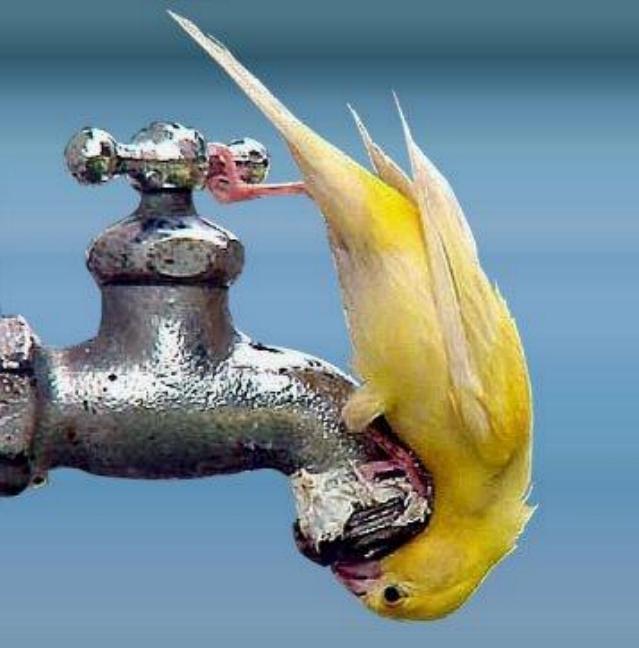Marinate yourself in scarcity to create new thinking
 There’s agreement: new thinking is needed for innovation. And for those that have tried, there’s agreement that it’s hard. It’s hard to create new thinking, to let go of what is, to see the same old things as new, to see resources where others see nothing. But there are some tricks to force new thinking, to help squeeze it out of ourselves.
There’s agreement: new thinking is needed for innovation. And for those that have tried, there’s agreement that it’s hard. It’s hard to create new thinking, to let go of what is, to see the same old things as new, to see resources where others see nothing. But there are some tricks to force new thinking, to help squeeze it out of ourselves.
The answer, in a word, is scarcity.
In the developing world there is scarcity of everything: food, shelter, electricity, tools, education; in the developed world we must fabricate it. We must dust off the long-neglected thought experiment, and sit ourselves in self-made scarcity.
Try a thought experiment that creates scarcity in time. Get the band together and ask them this question: If you had only two weeks to develop the next generation product, what would you do? When they say the question is ridiculous, agree with them. Tell them that’s the point. When they try to distract and derail, hold them to it. Don’t let them off the hook. Scarcity in time will force them to look at everything as a resource, even the user and the environment itself (sunlight, air, wind, gravity, time), or even trash or byproduct from something in the vicinity. At first pass, these misused resources may seem limited, but with deeper inspection, they may turn out to be better than the ones used today. The band will surprise themselves with what they come up with.
Next, try a thought experiment that creates scarcity of goodness. Get the band back together, and take away the major performance attribute of your product (the very reason customers buy); decree the new product must perform poorly. If fast is better, the new one must be slow; if stiff is better, the new one must be floppy; if big, think small. This forces the band to see strength as weakness, forces them to identify and release implicit constraints that have never been named. Once the bizarro-world product takes shape, the group will have a wonderful set of new ideas. (The new product won’t perform poorly, it will have novel functionality based on the twisted reality of the thought experiment.)
Innovation requires new thinking, and new thinking is easier when there’s scarcity – no constraints, no benchmarks, no core to preserve and protect. But without real scarcity, it’s difficult to think that way. Use the time-tested thought experiment to marinate yourself in scarcity, and see what comes of it.
 Mike Shipulski
Mike Shipulski